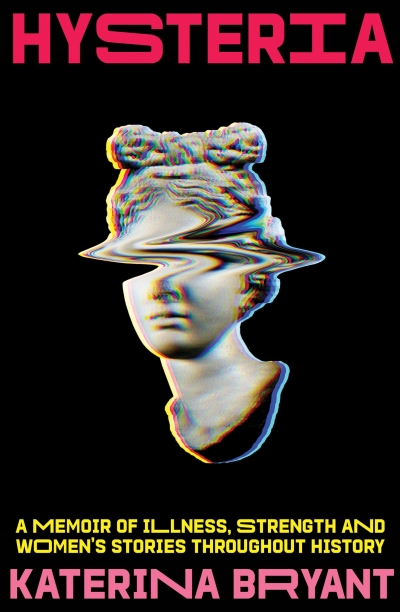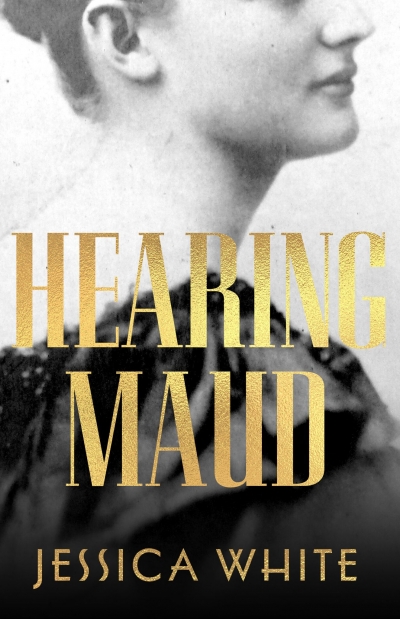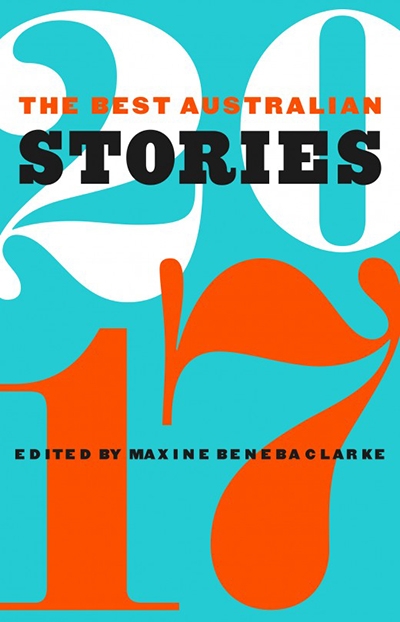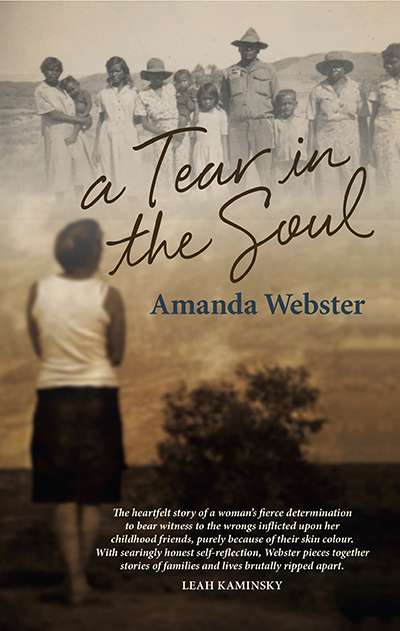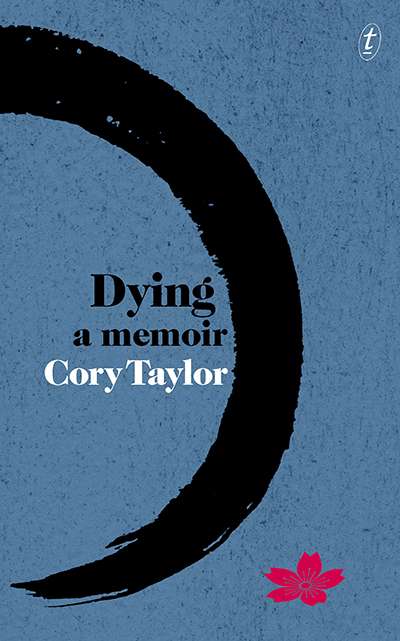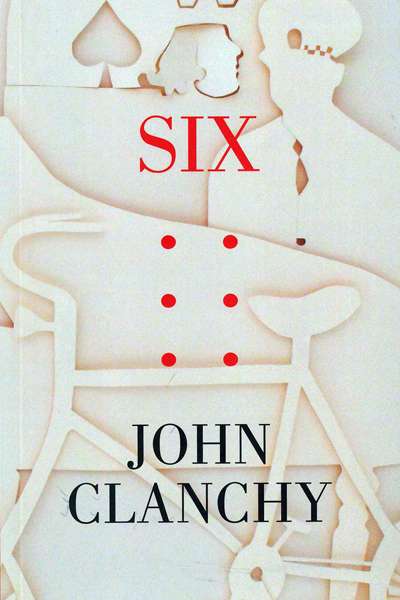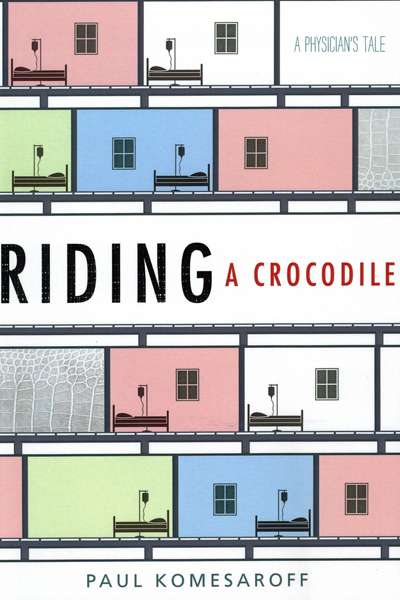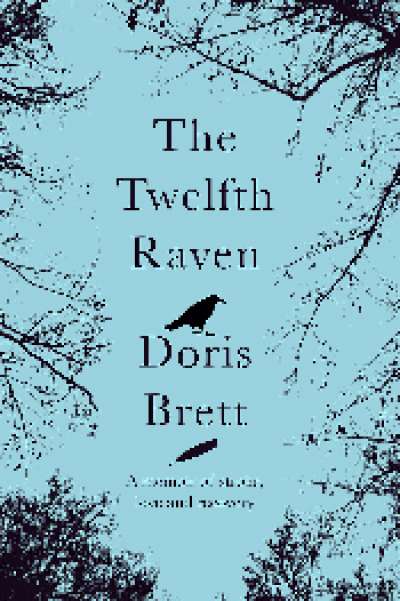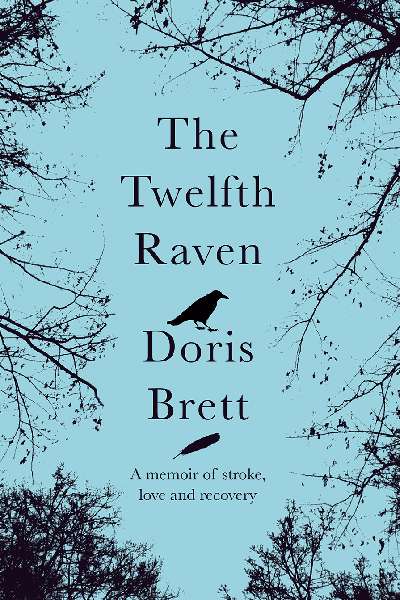Rachel Robertson
Rachel Robertson is a West Australian writer and senior lecturer in writing at Curtin University. She was the joint winner (with Mark Tredinnick) of the 2008 Calibre Essay Prize. Rachel’s essays and short fiction have been published in many anthologies and journals. She is the author of Reaching One Thousand: A story of love, motherhood and autism (2012, 2018) and co-editor of Purple Prose (2015) and Dangerous Ideas About Mothers (2018).
Hearing Maud begins and ends with the notion that the narrator’s life has been defined by a pharmakon, an ancient Greek term denoting something that is both poison and cure. This subtle and more complex version of the ‘gift or loss’ dilemma common in disability memoirs avoids oppositional thinking and embraces instead paradox and nuance. This is typical of Jessica White’s remarkable work o ... (read more)
In her Introduction to The Best Australian Stories 2017, Maxine Beneba Clarke describes how the best short fiction leaves readers with ‘a haunting: a deep shifting of self, precipitated by impossibly few words’. Many of the stories here achieve this, inserting an image or idea into the reader’s mind and leaving it there to worry, delight, or intrigue. The collection as a whole seems haunted ... (read more)
A Tear in the Soul is a fine example of creative non-fiction that unfolds a personal story but also advances our knowledge of Australian society, past and present. It is a nuanced contribution to the growing body of literature in which contemporary non-Indigenous Australians attempt to make sense of the history of white settlement and take responsibility for our own complicity in the past and curr ... (read more)
We must all die, but many of us live as though we don't know this fact. When death comes close to us or our loved ones, we may feel totally unprepared. The distance from death many of us feel in Australia is a relatively new phenomenon, made possible by prosperity, improved health care, and the development of residential care facilities. Dying used to be accompanied by an agreed set of customs; gu ... (read more)
I have often admired the mystical way of Pythagoras, and the secret magic of numbers.Sir Thomas Browne, Religio Medici
The real world is not given to us, but put to us by way of a riddle.Albert Einstein
In the kitchen of my mother’s houses there has always been a wooden stand with a small notepad and a hole for a pencil. I say small because these notepads are tiny, no bigger than a grown man ... (read more)
At the start of ‘True Glue’, Dale the postie is called a Luddite by his mate and wonders if this is some religious or political splinter group he hasn’t yet heard of, before going home to google it. In ‘Slow Burn’, Daryl Turtle has a troublesome close encounter with a yellow toaster while suffering from ‘man flu’, resulting in a hilarious scene in a chain store when Daryl walks down ... (read more)
There is a long tradition of physicians turned writers, including Chekhov, Keats, Conan Doyle, and Somerset Maugham. More recent doctor–novelists include Alexander McCall Smith, Michael Crichton, and Khaled Hosseini. In Australia, Peter Goldsworthy is probably our most prominent writer–physician, with John Murray and now Paul Komesaroff joining the tradition.
Medicine provides plenty of mater ... (read more)
Why does illness create such a marked need for story? Why do we want to read about other people’s illnesses and talk or write about our own? At the most basic level, it is surely because human beings always need stories. Indeed, neuroscientists believe that narrative consciousness is hard-wired into our brains. But what is it about illness in particular that invites narrative? Sociologist Arthur ... (read more)
Why does illness create such a marked need for story? Why do we want to read about other people’s illnesses and talk or write about our own? At the most basic level, it is surely because human beings always need stories. Indeed, neuroscientists believe that narrative consciousness is hard-wired into our brains. But what is it about illness in particular that invites narrative? Sociologist Arthur ... (read more)


